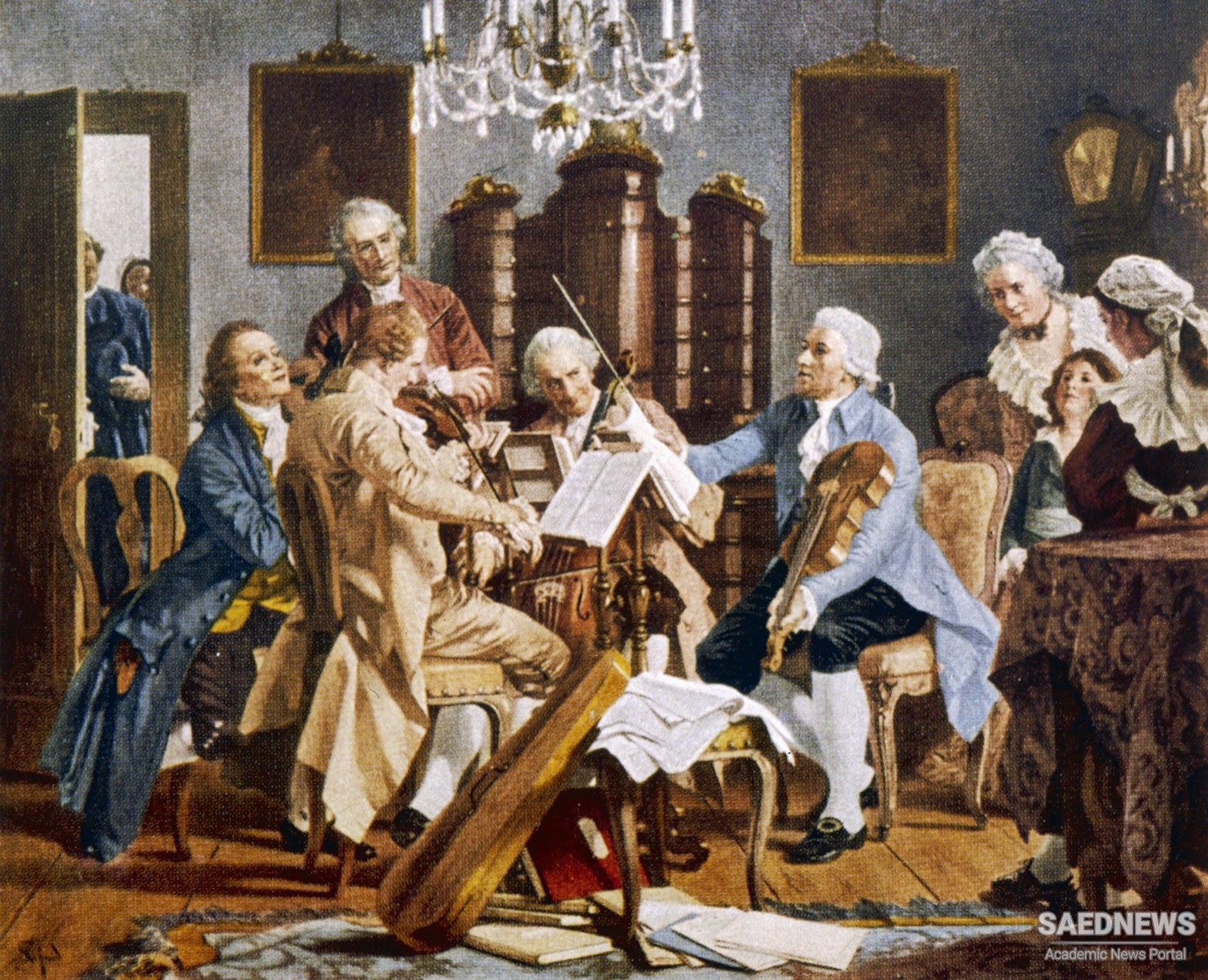Austrian composer Joseph Haydn was one of the most important figures in the development of the Classical style in music during the 18th century. He helped establish the forms and styles for the string quartet and the symphony Haydn’s father was a wheelwright, his mother, before her marriage, a cook for the lords of the village. Haydn early revealed unusual musical gifts, and a cousin who was a school principal and choirmaster in the nearby city of Hainburg offered to take him into his home and train him. Haydn, not yet six years old, left home, never to return to the parental cottage except for rare, brief visits. The young Haydn sang in the church choir, learned to play various instruments, and obtained a good basic knowledge of music. His life changed decisively when he was eight years old, when the musical director of St. Stephen’s Cathedral in Vienna invited him to serve as chorister at the Austrian capital’s most important church. Thus, in 1740 Haydn moved to Vienna. He stayed at the choir school for nine years, acquiring an enormous practical knowledge of music by constant performances but receiving little instruction in music theory. When his voice changed, he was expelled from both the cathedral choir and the choir school. With no money and few possessions, Haydn at 17 was left to his own devices. He eventually was introduced to the music-loving Austrian nobleman Karl Joseph von Fürnberg, in whose home he played chamber music and for whose instrumentalists he wrote his first string quartets. Through the recommendation of Fürnberg, Haydn was engaged in 1758 as musical director and chamber composer for the Bohemian count Ferdinand Maximilian von Morzin and was put in charge of an orchestra of about 16 musicians. For this ensemble he wrote his first symphony as well as numerous divertimenti for wind band or for wind instruments and strings. Haydn stayed only briefly with von Morzin, and soon he was invited to enter the service of Prince Pál Antal Esterházy. The Esterházys were one of the wealthiest and most influential families of the Austrian empire and boasted a distinguished record of supporting music. Prince Pál Antal had an orchestra performing regularly in his castle at Eisenstadt, a small town some 30 miles (48 km) from Vienna, and he appointed the relatively unknown Haydn to be assistant conductor in 1761. While the music director oversaw church music, Haydn conducted the orchestra, coached the singers, composed most of the music, and served as chief of the musical personnel. Haydn worked well with the Esterházy family, and he remained in their service until his death.


 Johanne Sebastian Bach: From Arnstadt to Köthen
Johanne Sebastian Bach: From Arnstadt to Köthen














































